Will porous boundaries change the ways in which Governments provide services?
The world is only becoming more and more globalised. The mass movement of people, ideas, and products across the world is causing the world’s leaders to second guess foundations that have been left by their forebears. The world’s largest organisations and startup companies are finding ways to avoid government legislation, whether at home or as they expand into new territories. Questions regarding citizenship and refugee status are circulating the globe. The definition of boundaries is being tested more than ever before.
Locally, we are not exempt. In New South Wales in particular, local governments are contemplating amalgamations. Our regional boundaries are too being tested. One of the big concerns is around building and/or maintaining quality service provision within local communities. What will boundary changes mean for our local services?
There is little doubt that local governments will need to review their current business models and better understand their levels of service and customer demand. It is crucial to think big and start reinventing how things are done. Only in this way will Council services both be sustainable and best serve their communities on a localised basis.
I have really enjoyed recent weeks where in conjunction with LKS Quaero and numerous Council representatives from NSW we have discussed and debated the future role of local government. If you have a view, send me a line. Change is moving forward and so should the conversation.
At LKS Quaero we use this model and a range of others to help Councils review their service provision and take action to improve their responsiveness. If you’d like to know more, visit us at lksquaero.com or follow us on LinkedIn, Facebook, and Twitter.










